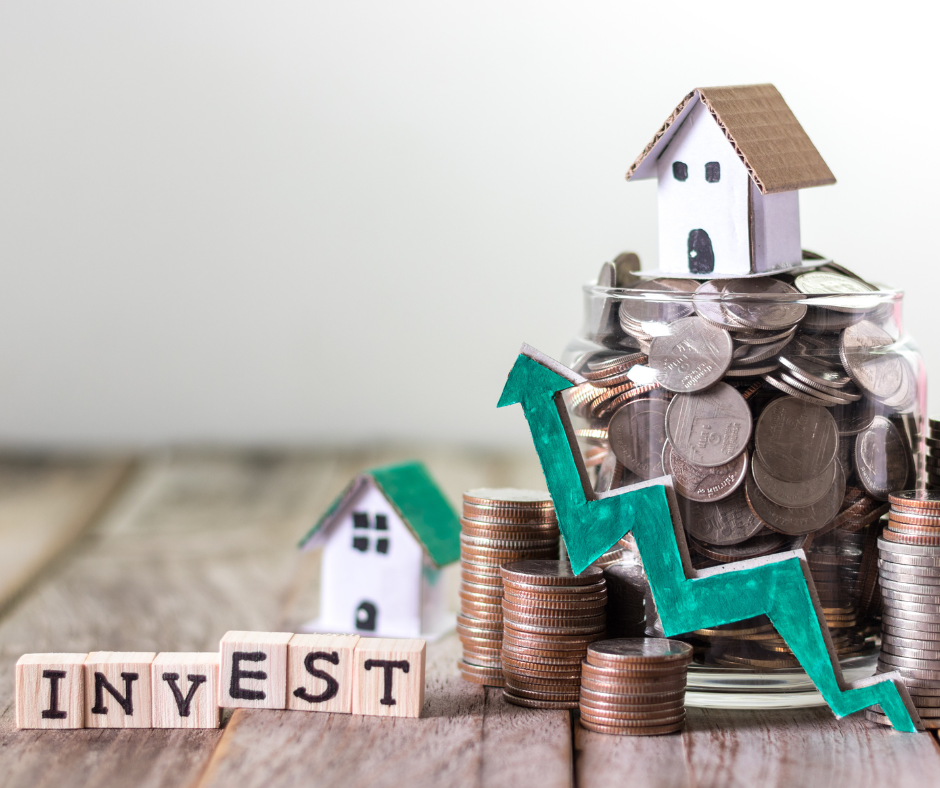Imagine this…
Emily and David are a married couple who recently purchased their first home in a suburban neighborhood. After the excitement of the home buying process and settling into their new house, they faced a series of post-purchase considerations:
- Home Maintenance:
Several months after moving in, Emily and David noticed that their roof had a small leak during a heavy rainstorm. They realized that regular home maintenance was essential to keep their property in good condition. They contacted a roofing contractor to repair the leak and decided to create a maintenance checklist to ensure they regularly inspected and addressed any issues in the future. - Budgeting and Expenses:
While their mortgage payment was consistent, Emily and David were surprised by how quickly other expenses added up. They had to budget for property taxes, homeowners insurance, utility bills, and unexpected repairs. To manage their finances more effectively, they created a detailed monthly budget that accounted for all of these costs. - Home Renovations and Upgrades:
After living in the house for a year, Emily and David decided to renovate their outdated kitchen and add a bathroom to the basement. They carefully budgeted for these projects, obtained quotes from contractors, and took their time to plan the renovations. They also considered how these improvements would affect the home’s value. - Property Taxes:
Emily and David received their property tax assessment, and it was higher than they expected due to an increase in the property’s assessed value. They researched the local tax laws and the appeals process to ensure they were paying a fair amount. They also budgeted for the higher tax bill. - Homeowners Association (HOA) Rules:
They learned that their neighborhood had an HOA with specific rules and regulations. They reviewed the HOA bylaws, attended meetings, and made sure they complied with the rules, which included guidelines on exterior home maintenance and landscaping. - Legal and Tax Implications:
Emily and David consulted with a tax professional to understand the tax implications of homeownership. They learned about tax deductions related to mortgage interest and property taxes, which helped them maximize their tax benefits. - Property Value:
Emily and David kept an eye on the local real estate market and the values of similar properties in their neighborhood. They also made improvements to their home, such as landscaping and kitchen renovations, with the goal of increasing its value over time.
In this real-life scenario, Emily and David faced various post-purchase considerations after buying their first home. These considerations included home maintenance, budgeting for expenses, planning renovations, managing property taxes, adhering to HOA rules, understanding legal and tax implications, and monitoring property value. By addressing these considerations proactively and planning accordingly, they were able to navigate their new homeownership responsibilities successfully.

What is Post-Purchase Considerations?
Post-purchase considerations refer to the various factors and responsibilities that come into play after a person or entity has completed the purchase of a property, whether it’s a home, commercial real estate, or another type of real property. These considerations are crucial for maintaining and managing the property, financial planning, and ensuring a successful ownership experience. Here are some common post-purchase considerations:
- Property Maintenance: Regular maintenance is essential to keep the property in good condition. This includes tasks like cleaning, landscaping, repairing, and addressing wear and tear.
Budgeting and Expenses: Property owners must budget for ongoing expenses like mortgage payments, property taxes, insurance, utilities, maintenance, repairs, and, in the case of homeowners’ associations (HOAs), HOA fees. - Renovations and Upgrades: Property owners may want to make improvements or renovations to enhance the property’s functionality or value. These can range from cosmetic changes to major renovations.
- Property Taxes: Property taxes may change over time due to reassessments or changes in property values. Property owners should be prepared for fluctuations and understand how property taxes are assessed in their area.
- Insurance: Reviewing and updating insurance policies, including homeowners or commercial property insurance, is crucial to ensure that the property is adequately covered against damage, liability, and other risks.
- Emergency Fund: Having an emergency fund is important to cover unexpected expenses, such as major repairs or urgent maintenance issues.
- Security and Safety: Property owners should consider implementing security measures and safety protocols to protect the property and its occupants.
- Energy Efficiency: Making energy-efficient upgrades can reduce utility bills and have environmental benefits. These upgrades can include insulation, energy-efficient appliances, and solar panels.
- Long-Term Plans: Property owners should consider their long-term plans for the property, whether it involves selling, renting, passing it on to heirs, or using it for other purposes.
- Legal and Tax Implications: Understanding legal requirements related to property ownership, such as local regulations, zoning laws, and property tax deductions, is crucial. Property owners may also need to consider estate planning and tax implications upon sale.
- Property Value: Property owners may monitor property values in their area, which can be important if they plan to sell the property in the future. Making strategic improvements can impact property value.
- Community Involvement: In some cases, property owners may have responsibilities within a homeowners’ association or neighborhood community, such as attending meetings or participating in community events.
Post-purchase considerations can vary depending on the type of property, location, and individual circumstances. Being aware of these factors and proactively addressing them can help property owners effectively manage their real estate investments and enjoy a successful and satisfying ownership experience.
Post-purchase considerations are essential for long-term homeownership success. Staying informed, budgeting effectively, and taking proactive steps to maintain and improve the property can help homeowners enjoy their homes while ensuring financial stability and property value preservation.

Why is it important?
Post-purchase considerations are essential aspects of the home buying process that involve planning for and managing your property after the transaction is complete. Addressing these factors can help ensure a smooth transition into homeownership, protect your investment, and create a comfortable living environment. Here are some reasons why post- purchase considerations are important for first-time property buyers:
- Financial planning and budgeting: Homeownership come with ongoing expenses, such as mortgage payments, property taxes, insurance, maintenance, and utilities. Creating a post- purchase budget and financial plan can help you manage these costs effectively and maintain long- term financial stability.
- Maintenance and repairs: Regular maintenance and timely repairs are crucial for protecting your investment and preserving the value of your property. Developing a maintenance plan and setting aside funds for repairs can help you keep your home in good condition and prevent costly issues in the future.
- Home improvements: Planning for and prioritizing home improvement projects can enhance your living experience, increase your property’s value, and help you build equity over time. Considering your goals and budget, you can strategically plan home improvements that align with your needs and preferences.
- Insurance coverage: Obtaining adequate homeowners insurance coverage is vital to protect your investment from unexpected events, such as natural disasters, theft, or accidents. Reviewing and updating your insurance coverage periodically can help ensure that you are adequately protected as your property’s value and your personal circumstances change.
- Emergency planning and preparedness: Developing an emergency plan and preparing for potential emergencies, such as fires, floods, or power outages, can help protect your property and ensure the safety of you and your family.
- Community engagement: Becoming familiar with your new neighborhood and engaging with your community can help you establish connections, stay informed about local events and issues, and create a sense of belonging in your new environment.
Post-purchase considerations are the essential next steps to secure your long-term happiness and peace of mind in your new home—don’t overlook these crucial decisions. Contact us!
Follow us!
For more details you may also follow our Facebook, Instagram, and YouTube!



